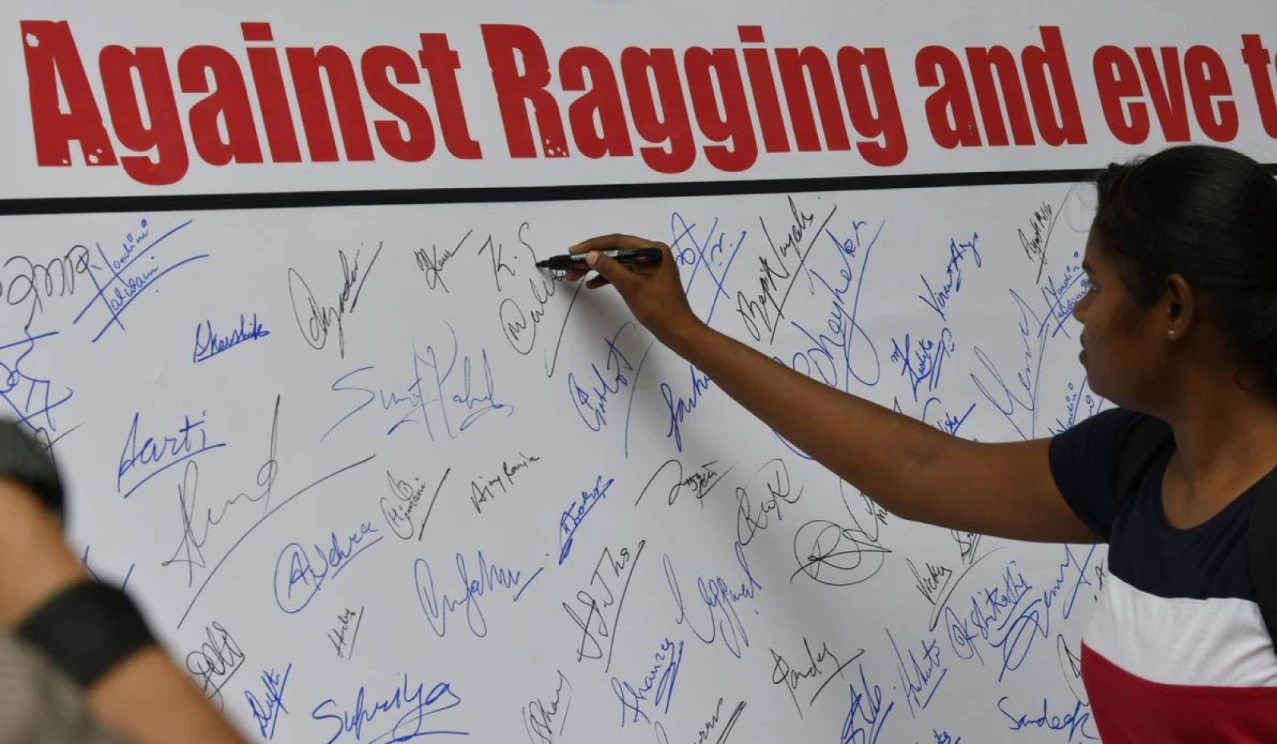Recently, University Grants Commission (UGC) has issued notice to multiple Higher Education Institutions (HEIs) who failed to comply with UGC Regulations on Ragging, 2009 and directed them to submit compliance within 30 days.
- Ragging is defined as any disorderly conduct, whether by words spoken or written or by an act, that has the effect of teasing, treating, or handling with rudeness a fresher or a junior student.
Salient provisions of UGC Anti-Ragging Regulations, 2009
- Before admissions: Institutions must include anti-ragging warnings in all admission materials, collect signed undertakings from students and parents.
- On admission: Fresh students must receive comprehensive information leaflets about their rights and participate in joint sensitization programs with seniors.
- Setting up of Committees and their functions: Three key bodies must be established - the Anti-Ragging Committee, Anti-Ragging Squad and Monitoring Cell on Ragging.
- Punishments: Punishments range from suspension, expulsion to fines.
Other Anti-Ragging measures in India
- Anti-Ragging Monitoring Committee: Constituted in the Union Ministry of Education to prevent ragging in higher educational institutions.
- National Anti-Ragging Helpline: Support is provided for queries related to ragging, compliant registration, among others.
- Raghavan Committee (2007): Recommended making ragging a criminal offense, collective responsibility among faculty, staff, and the anti-ragging body to address ragging cases, etc.
- Supreme Court judgment (2009): Setting up a toll-free anti-ragging helpline/ call center, engaging an independent non-government agency as the monitoring agency, etc.





